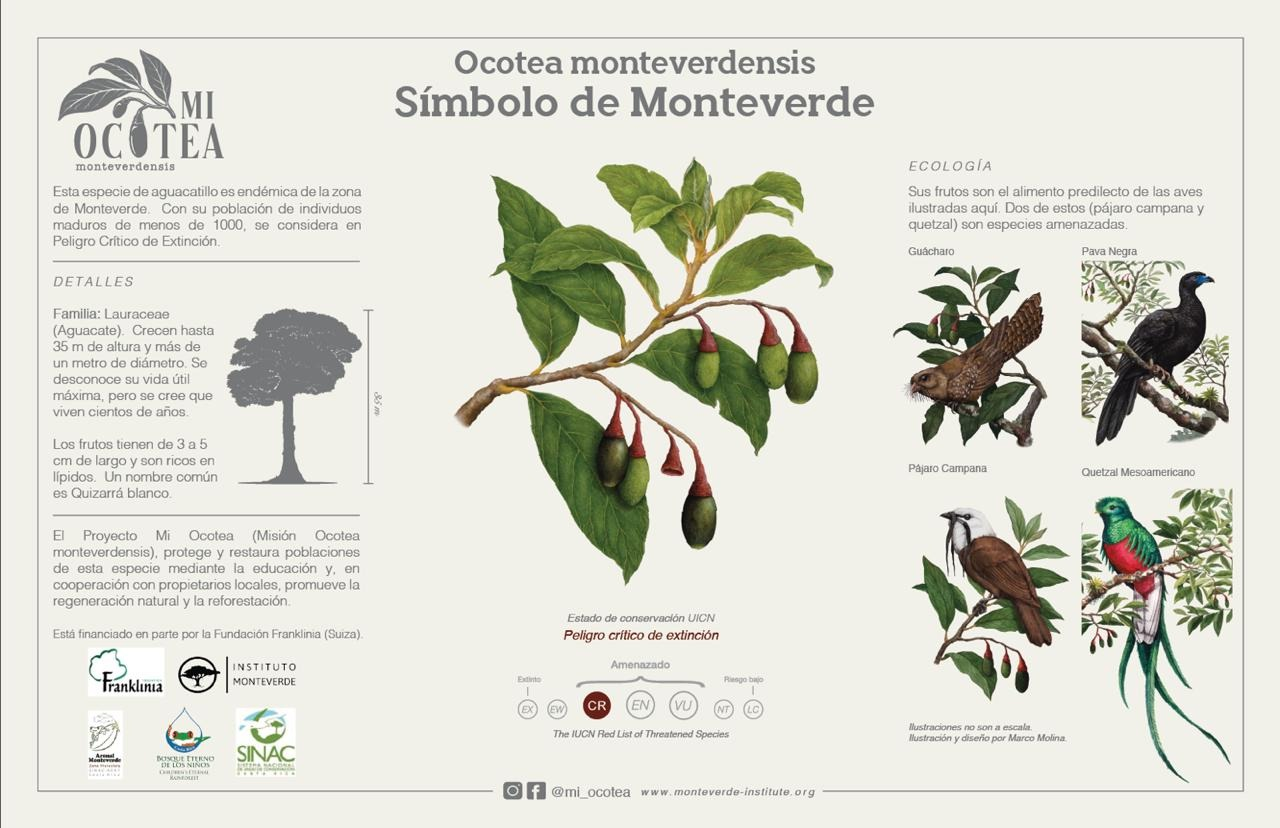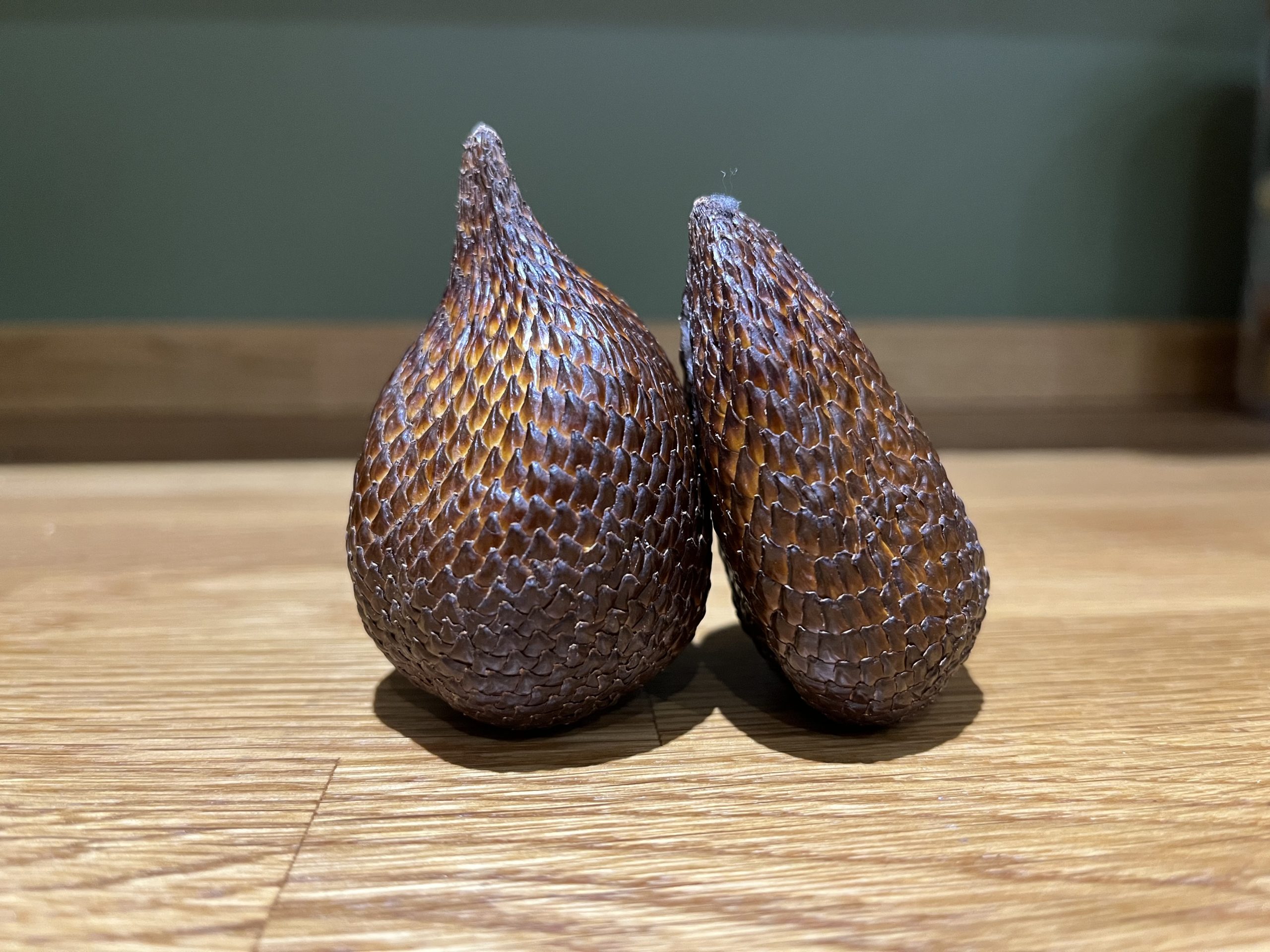The Birds and the Trees: Second IUCN Update of 2025 Published
-
Region
Global -
Programme
Global Tree Assessment -
Workstream
Saving Plants -
Topic
Plant Conservation -
Type
News -
Source
BGCI
News published: 10 October 2025
The IUCN Red List has been updated today, 10th October, with the news launched at the IUCN World Conservation Congress. The update includes more than 1,000 assessments for tree species, furthering the work of the Global Tree Assessment with many new assessments from tropical regions across the world, including Brazil and the Philippines. Over 400 assessments for Brazil have been published, providing a clearer picture of the status of tree species in the world’s most tree diverse country.
This update also sees the completion of the 8th comprehensive assessment of all bird species undertaken by BirdLife International. Bird and tree species are often ecologically intertwined, with trees providing food and nesting sites, while birds aid in seed dispersal and regeneration. The number of bird species with declining populations is increasing, with this update highlighting several tropical regions (Madagascar, West Africa and Central America) where forest loss poses a growing threat to birds.
One example of the strong link between birds and trees is Pseudophoenix ekmanii, newly assessed as Critically Endangered. A palm species endemic to Dominican Republic, it is incredibly slow growing and thought to take more than 100 years to reach maturity. The species provides nesting habitat for the Hispaniolan Parrot (Amazona ventralis – Vulnerable) but is frequently destroyed during the illegal collection of chicks and eggs for the pet trade. Also published today is Parathesis travisiae, a small tree endemic to Guatemala. The fruits are eaten by the Resplendent Quetzal (Pharomachrus mocinno – Near Threatened) the national bird of Guatemala, but this tree is Endangered due to land use change for leatherleaf fern, tomato, avocado and conifer plantations.

A notable reassessment is for Ocotea monteverdensis, a large canopy tree endemic to Costa Rica. The seeds are naturally dispersed by numerous frugivorous birds, including the Resplendent Quetzal and the threatened Three-wattled Bellbird (Procnias tricarunculatus – Vulnerable). The species population has declined drastically over the past 75 years, with forest clearance and harvesting of individuals for timber posing ongoing threats. Conservation action is underway for this species through the protection of existing forests and individual trees, planting of seedlings, and a public education programme on the importance of the species, implemented by the Monteverde Institute. Although this latest assessment retains the species’ status as Critically Endangered it is hoped these actions will improve the long-term survival of this species.

Further highlights from this update are the publication of several utilised tropical tree species. Timber trees Shorea robusta (Near Threatened), Eusideroxylon zwageri (Vulnerable) and Sindora tonkinensis (Endangered) are newly assessed with land use change and their harvest for timber use the dominant drivers of decline. Diospyros angulata has been reassessed and is now considered Extinct. Endemic to Mauritius, it has not been recorded since the 1850s despite extensive surveys. Like other ebony species, it is believed to have been exploited for timber. Also featured are Snake fruit or Salak (Salacca zalacca) and Breadfruit (Artocarpus altilis) along with many other Artocarpus species. Their assessment as Data Deficient highlights the difficulties in assessing widely cultivated species with more research needed to determine the range and status of the wild populations.
The work of the Global Tree Assessment and Global Tree Specialist Group continues with new and reassessments for tree species, contributions to taxonomic and national Red Lists, and supporting conservation planning. We thank all project partners and contributors as we look ahead to next year.
BGCI Databases
Explore BGCI's suites of databases to help plant conservation worldwide. Upload your data!
Support BGCI
You can support our plant conservation efforts by sponsoring membership for small botanic gardens, contributing to the Global Botanic Garden Fund, and more!